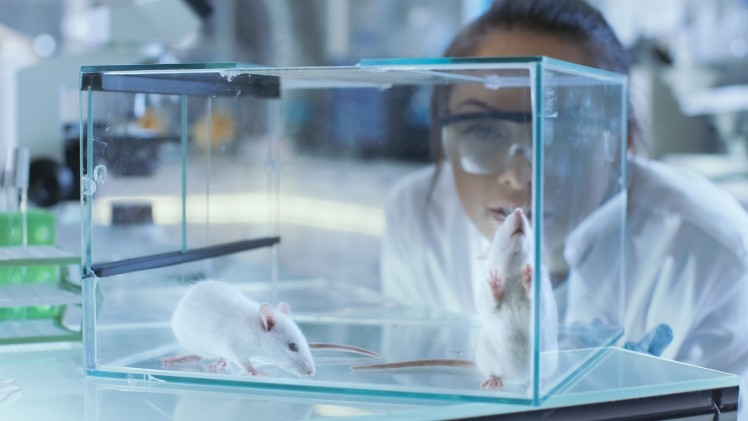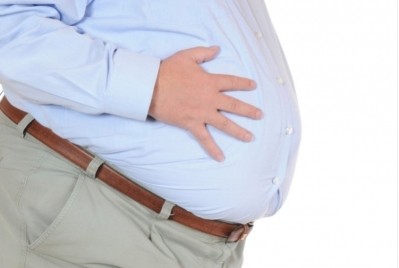Poop-eating lab mice affect probiotic research outcomes, says study

There is a growing consensus that the gut microbiome is involved in many aspects of physical and mental health, with many discoveries coming about through studies in mice but researchers from the California Institute of Technology have discovered a key difference between the intestinal microbiome of lab mice and humans which they say could by affecting the outcome of important health studies.
The microbiota of the small intestine in particular are likely to have important effects on human health because most nutrients and drugs are absorbed by the body in this location. But rodent's tendency to eat their own faeces - known as coprophagy - may have major implications for research related to the small-intestine microbiome.
In the study published in the journal Microbiome, Said Bogatyrev, Caltech postdoctoral scholar in chemical engineering and lead author of the study, explains why he hypothesised that coprophagy may be a bigger problem than believed.
"Most researchers also assume that coprophagy is solved by housing mice on wire floors that allow the feces to fall through. However, rats and mice are very good at eating poop right as it comes out," he says, "so we suspected the wire floors might not actually be that effective."
In the study, Bogatyrev and his fellow researchers investigated the microbiome in the small intestines of lab mice to see whether the microbiome and its function differ when these mice are prevented from consuming their own poop, and if doing so would make these lab mice more similar to humans.
The team fitted mice with "tail cups" - little mouse diapers that capture the animals' faeces and prevent them from eating it.
When the researchers analysed the gut contents and microbial communities of these diapered mice, they found significant differences in their small intestines as compared with those of standard mice.
They found that mice that consumed poop had much higher microbial loads (around 100 times higher), of large-intestine (and faecal) microbiota, and different profiles of bile acids in their small intestines, compared with the diapered mice.
Their intestines were similar, however, to those of humans with microbial overgrowth disorders, such as small intestinal bacterial overgrowth (SIBO), which can cause diarrhoea and weight loss.
In contrast, the conditions inside the small intestines of the mice that did not eat their own faeces more closely resembled the conditions inside the small intestine of a healthy human.
Bogatyrev calls the process of bringing faecal bacteria into the small intestine through coprophagy "self-reinoculation." By consuming their own poop, the mice reintroduce bacteria from the large intestine into the small intestine, and change the conditions and microbial communities in the upper gut.
The team did not attempt to determine how self-reinoculation might generally affect research involving mice, but they suspect that there could be wide-ranging implications to numerous research areas if the digestive systems of the mouse models do not behave like those of humans.
"One area could be dietary research," he says. "If you have more microbes in the small intestine, that, in turn affects the bile-acid composition there and the nutrients in the diet may be absorbed differently. Fats, for example. Another area could involve probiotics and the microbial ecology of the gut. Self-reinoculation can cause inconsistent results in controlled-administration protocols because you don't know how the probiotics are being reintroduced to the gut by the animals themselves."
And another big area where coprophagy would matter could be drug research, Bogatyrev adds. Researchers use rodents in preclinical models, and the drugs administered are often absorbed in the small intestine, where they can potentially be affected by small-intestine microbiota.
"Although there's a recognition that self-reinoculation with faecal flora and metabolites may be an issue and it may affect some study outcomes, we just don't know yet how important it is. This work suggests that the effects of self-reinoculation need to be rigorously tested, which provides a plethora of opportunities for future research," Bogatyrev says.
Source: Microbiome
Bogatyrev. S .R., et al
"Self-reinoculation with fecal flora changes microbiota density and composition leading to an altered bile-acid profile in the mouse small intestine"












